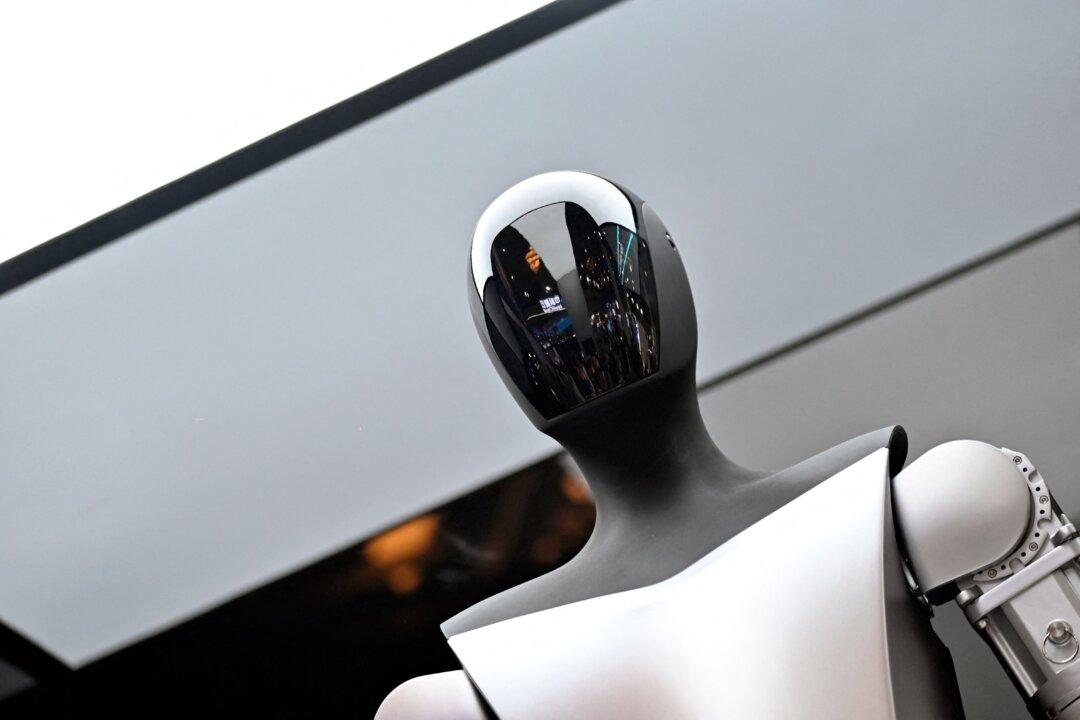Despite its rapid development, artificial intelligence (AI) will not be able to replace inherent human qualities and knowledge that people have built over decades, an AI researcher has argued.
The comment was made during a university roundtable on Jan. 30, as part of the inquiry into the use of generative AI in the Australian education system by the standing committee on employment, education, and training.




